|
< Back to Schedule-at-a-Glance
2023 Fall Workshop | Concurrent Sessions 1
November 2, 2023 | 9:50 AM–10:40 AM
Accounting Track 1 | Turning the Page to GASB 100 and GASB 101 – What do we have to implement now?
Accounting (Governmental): 1 CPE Credit
Description
Governmental organizations have been kept quite busy these past couple of years with GASB 87, Leases and GASB 96, Subscription-Based IT Arrangements. This session will look forward at two more narrow-scoped, but still very important, pronouncements. We will look at how GASB 100, Accounting Changes and Error Corrections and GASB 101, Compensated Absences, are going to impact your government’s accounting and financial reporting and when you will need to implement. We will go over specific examples.
Learning Objectives
- Explain the differences in accounting for compensated absences pre and post GASB 101.
- Differentiate the accounting of accounting changes to error corrections.
- Apply GASB 100 and 101 accounting to your institution.
- Determine when GASB 100 and 101 is effective for your institution.Speakers
Speakers
 Danny Martinez, Managing Director, Government & Public Sector Accounting Advisory Lead, Cherry Bekaert Danny Martinez, Managing Director, Government & Public Sector Accounting Advisory Lead, Cherry Bekaert
Danny is a licensed CPA with 17 years of experience providing advisory, audit and training services to a wide range of governmental entities including colleges and universities, municipalities and their component units, counties, school districts, tribal governments, airports, ports and hospitals. He has provided technical accounting assistance, including lease and other standards implementation, to some of the largest cities and counties in the country.
Danny is the past Zone 3 (GASB) Chair of the American Institute of Certified Public Accountants (AICPA) Technical Issues Committee, a group that provides a voice for its constituents in the standard-setting process. This experience provides him with unique insight into the technical details of these standards and direct access to GASB staff to address any client concerns. He is a frequent presenter at national and state conferences on a variety of topics including GASB 87, GASB 96, financial statement internal controls, and grant control and compliance issues. He has also published numerous articles and webinars on these and other accounting and grant topics.
Danny is a founding member of the firm’s Government Standards Outlook Committee, a group of technical leaders in the firm that keep abreast of all upcoming GASB, OMB, and AICPA changes and provides comment letters to those standard setting bodies.
Concurrent Session 1A | Building a Resilient Workforce - Why VISION Matters
Personnel/Human Resources: 1 CPE Credit
Description
This is the story of UHCL's quest to renew its Professional Development offerings into something more deliberate and purposeful. The pandemic brought forth many challenges, but at times, it also gifted us with the opportunity to become more aware. While change and uncertainty was at an all-time high, UHCL observed the employee experience and saw that there was a need to change the focus of their development. This was Step 1 - being honest about the work ahead and understanding our 'why'. Through years of observations and discussions, multiple levels of the university worked together to identify developmental needs at all levels of the university. Beyond the identification of the needs, it was important to understand the value of providing these developmental opportunities to staff. This was Step 2 - understanding the 'what'. Step 3 was committing to the vision and being a champion for learning and growth. As of November 2022, we have launched two formal Professional Development programs focused on building and strengthening Core Competencies and job-related skills - both of which have been met with excitement and at times, have had the max enrollment allowed. We are proud of the work we've done, but understand we have only just begun.While all of the new programming is exciting, it all begins with vision and a belief in the work we do. Truly connecting with our purpose will help us lead the way forward.
Learning Objectives
- Learn how to embed a program/framework (ex: KornFerry Leadership Architect) into a purposeful training and development plan.
- Learn how to use your Training and Development team as a Strategic Growth Partner.
- Branding and Marketing tips for your Training programs.
Speakers
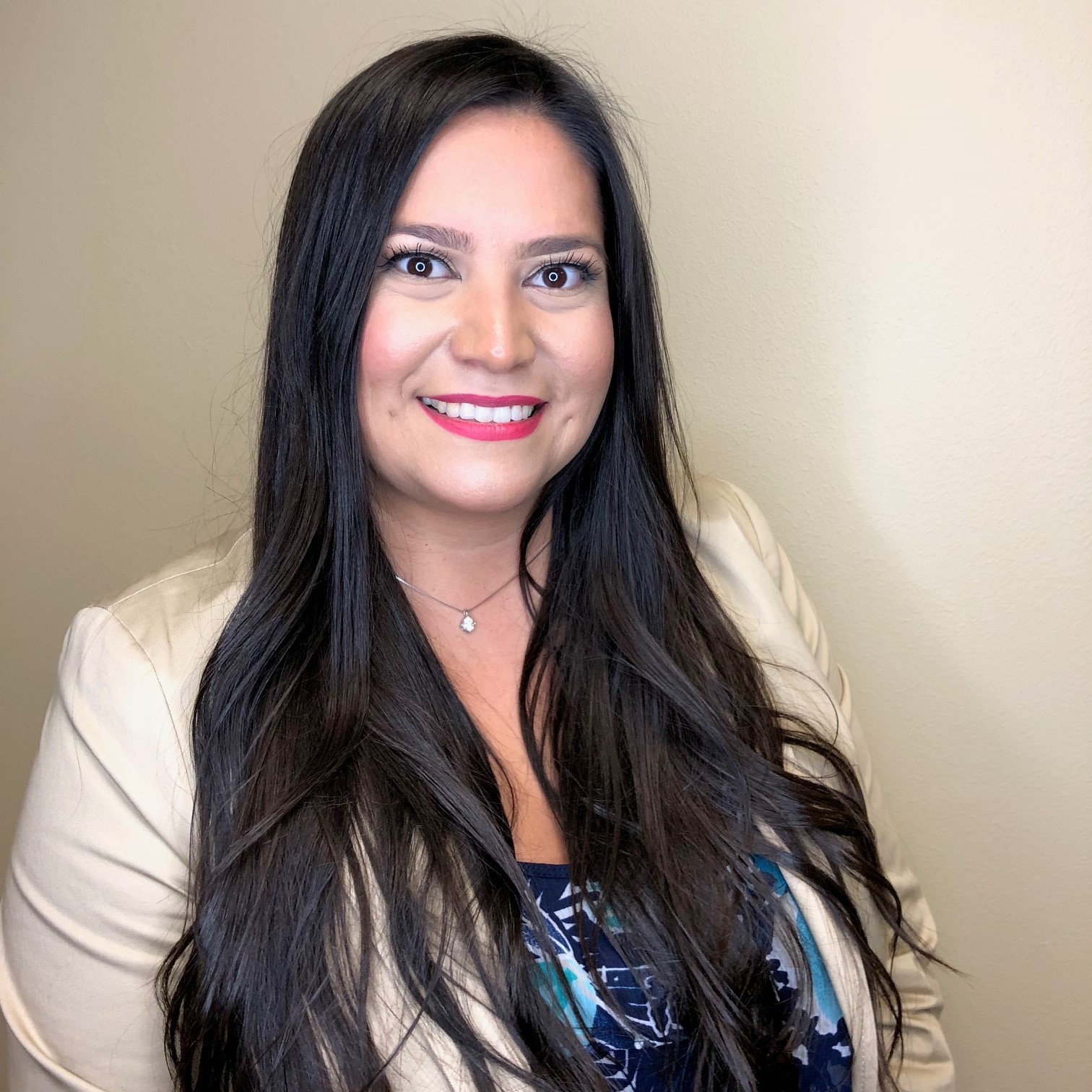 Esther Herrera, Senior Manager, Training and Development, University of Houston-Clear Lake Esther Herrera, Senior Manager, Training and Development, University of Houston-Clear Lake
Esther Herrera joined the world of Higher Education four years ago. Prior to joining the University of Houston-Clear Lake, Esther spent 18+ years serving at a $1+ billion financial institution in various roles, with the majority of her tenure leading the Training & Development team. During that time, Esther helped formalize the Learning & Development department, create an Annual Training Day for a staff of 300+, built multiple training programs, and served as the institution's first Vice President of Learning and Development.Since joining UHCL in 2019, Esther has worked diligently with campus leaders to build a strategic growth plan for staff and has successfully designed and implemented two large-scale training programs called ASCEND and Hawk Power Hour. She rebuilt the New Hire Orientation program to include various campus partners and as of today, the demand to join the list of presenters is high and has resulted in the need to build a waiting list. Today, UHCL's Training and Development brand stands strong on campus and is a trusted partner in the growth of team members.Esther holds undergraduate degrees from UHCL in Management & Marketing, an MBA with a concentration in Leadership, and is currently pursuing her Doctoral Degree in Educational Leadership with a focus on Curriculum and Instruction.Growing up, all Esther desired to do was teach. She is grateful to have built a career serving others through her passion.
< Back to Schedule-at-a-Glance
Concurrent Session 1B | Lessons Learned from ERP Implementation
Computer Software & Applications: 1 CPE Credit
Description
This session will provide a panel discussion on lessons learned during ERP implementations from a finance and academic perspective transitioning to Workday and Oracle. Topics will include implementation process considerations, organizational readiness, campus training and education, what worked well, and post implementation lessons learned.
Learning Objectives
- Understanding important considerations for success in developing and managing your project timeline alongside other campus priorities.
- Identification of staffing, reporting, and campus training needs for your project with strategies to mitigate these risk factors.
- Post implementation lessons learned for improved project effectiveness.
Speakers
 Tim Judd, Vice President for Finance and Operations/CFO, Campbellsville University Tim Judd, Vice President for Finance and Operations/CFO, Campbellsville University
Tim Judd serves as Vice President for Finance and Operations / Chief Financial Officer at Campbellsville University. He is in his 22nd year with the University. Mr. Judd has a master's of business administration and bachelor of business administration with accounting emphasis from Campbellsville University. He is a Certified Public Accountant licensed in Kentucky. His professional career has been with Campbellsville University serving as staff accountant, senior accountant, controller, and associate vice president for finance prior to his current position. He is currently a member of the small institution's constituent committee for SACUBO.
 Eric Leal, Associate Dean for Budget and Administration, American University Eric Leal, Associate Dean for Budget and Administration, American University
Eric Leal is the Associate Dean for Budget and Administration in the College of Arts and Sciences (CAS) at American University. He is a senior advisor to the Dean and CAS leadership, directs the day-to-day financial and administrative operations, and leads and directs the strategic management, decision-making, and policy-setting for the college.
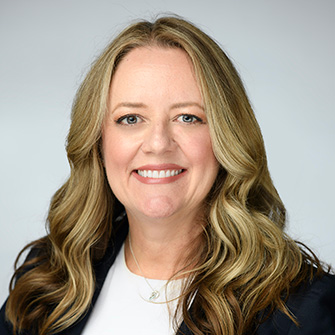 Stacey Matthews, Vice President of Business Services and CFO, Flagler College Stacey Matthews, Vice President of Business Services and CFO, Flagler College
Stacey has over 22 years in higher education currently serving as the Vice President of Business Services and Chief Financial Officer at Flagler College. She was previously the Controller and Director Budgets and Tax Compliance at Flagler College. In addition, she served as Business Officer at St. Barnabas Episcopal School and Director of Budgets and Investments at Stetson University. She has a masters degree in accounting and bachelors in accounting from the University of Alabama at Birmingham.
< Back to Schedule-at-a-Glance
Session 1C | Transforming Together: Creating a Culture of Investing in Our People
Personnel/Human Resources: 1 CPE Credit
Description
In this time of high turnover, quiet quitting, and recruitment struggles, learn how one Finance division created structures and programs to develop and engage our employees without additional funding. We will discuss the activities we used to gather inclusive input built on our division's shared goals, core values, and appreciation for understanding ourselves and our colleagues. We embarked on key initiatives as a result, focused on creating a divisional culture that leads to retention. During this session we will outline the creation and outcomes of programs such as our Living the Values Campaign, the Finance Friday speaker series, a Quarterly Progress Report and virtual lunches. Finally, we will share techniques and examples of ways to provide professional growth and development opportunities to retain existing employees.
Learning Objectives
- Apply strategies to create a cultural shift for improved employee engagement, leading to retention (history, purpose, and implementation strategies).
- Define the need and why behind employee engagement initiatives.
- Identify program structures that support employee engagement and connection.
Speakers
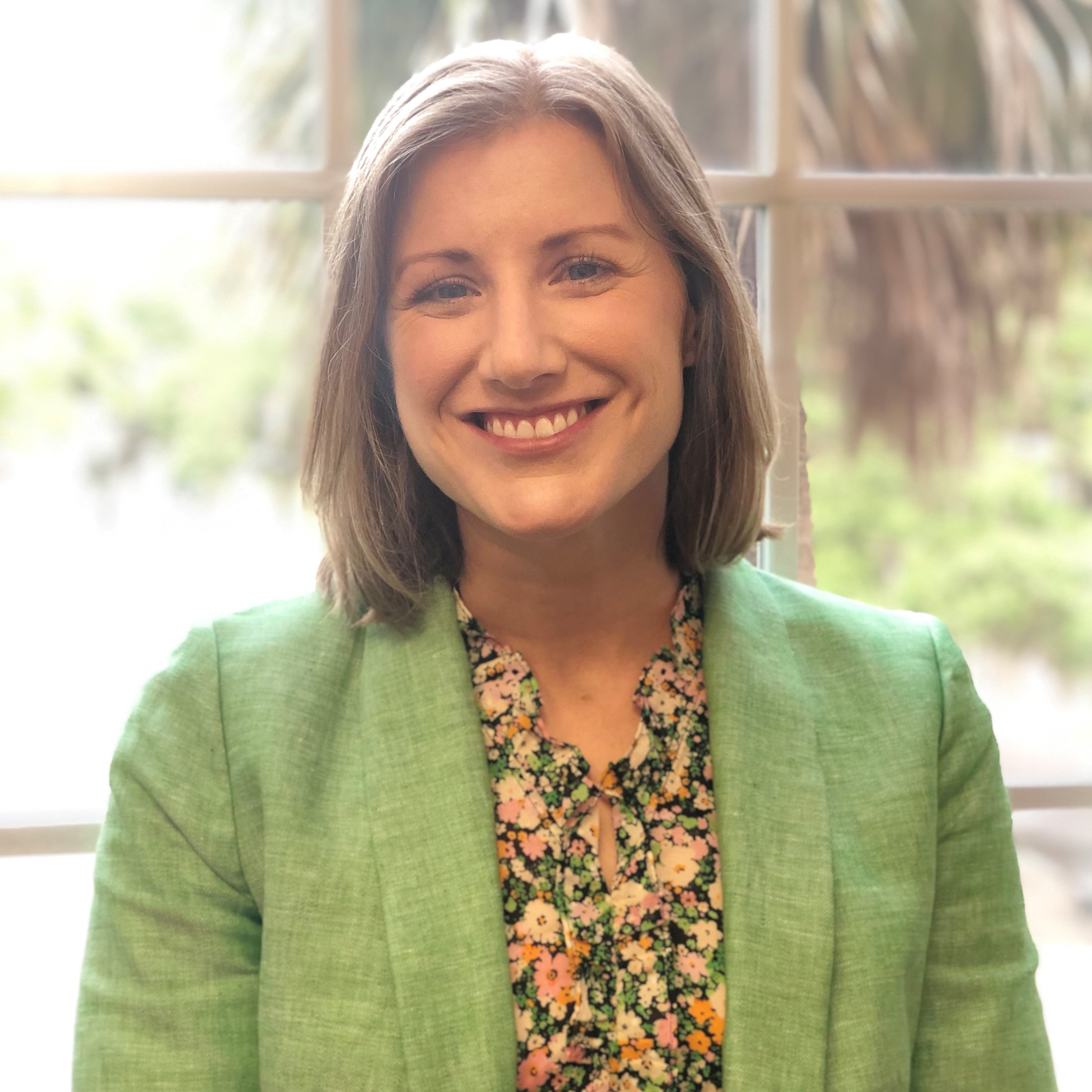 Emily Moran, Associate Controller, University of Florida Emily Moran, Associate Controller, University of Florida
As the Director of the Controller's Office Center for Excellence at the University of Florida, Emily is responsible for leading a team designed to achieve strategic goals of the University Controller. Emily's role includes training, innovation, data, proactive fiscal analysis, and implementation of efficient processes. She also coordinates professional development opportunities for the Finance & Accounting Division and collaborates with campus partners to better serve the university community. Emily is passionate about designing engaging training, innovative processes, and creative resources to make accounting efficient and un-intimidating for non-accountants. Emily holds a Masters from Florida Atlantic University in Accounting. Outside of the office, she is committed to spending time with her husband and their three children, preferably outdoors or in a bookstore.
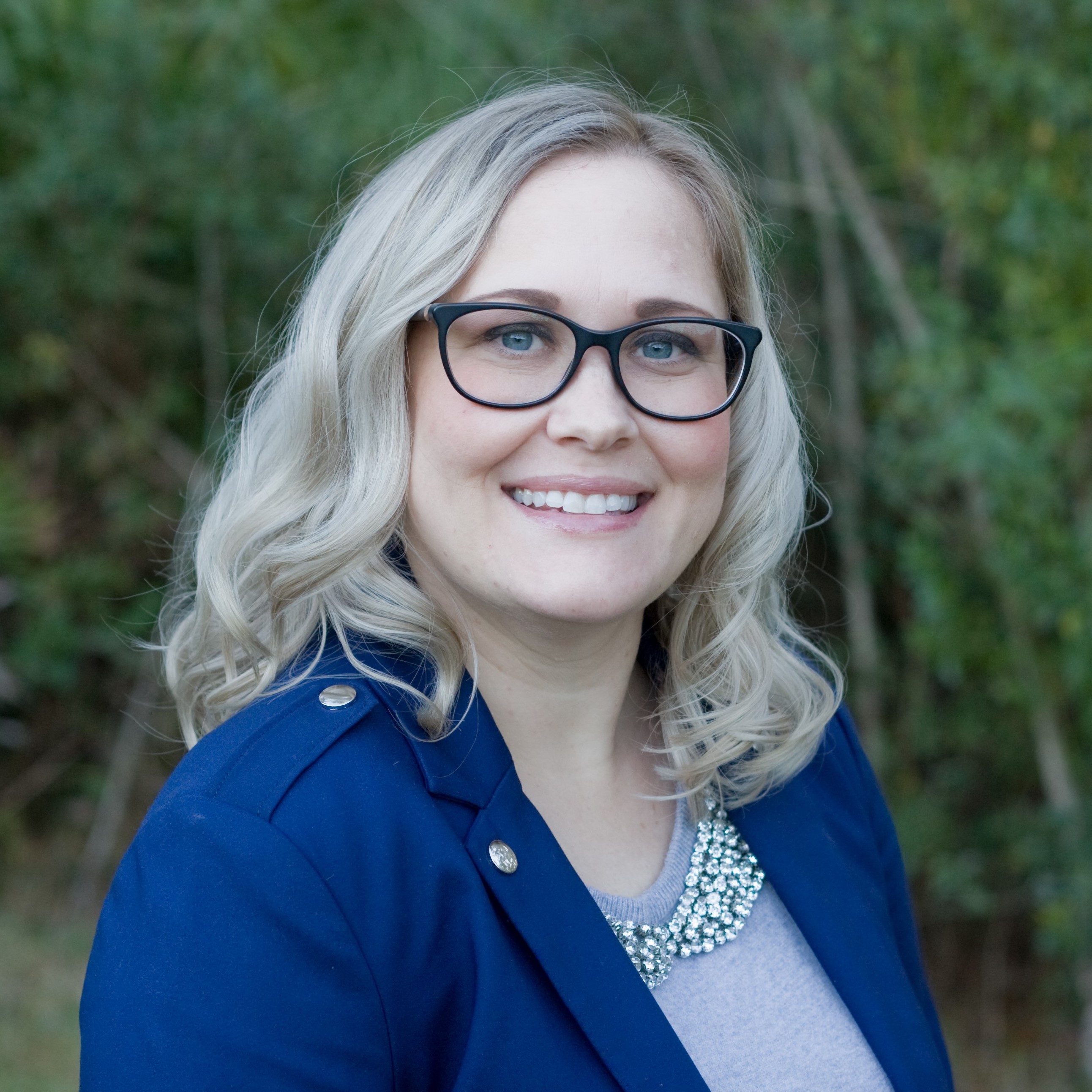 Rachel Victoria, Administrative Specialist III, University of Florida Rachel Victoria, Administrative Specialist III, University of Florida
Rachel oversees divisional operations for the AVP of Finance for the University of Florida (UF) Enterprise. She focuses on the executive-level advising and campus collaboration, partnering closely with stakeholders to foster an engaging environment where employees can collectively shape their future.Rachel is passionate about projects surrounding talent management, culture, and community building. She thrives on identifying solutions and growth opportunities for employees, leading high-impact initiatives to create an extraordinary future for the University.
< Back to Schedule-at-a-Glance
Session 1D | FAFSA Simplification Act & Its Impact on Institutions
Specialized Knowledge: 1 CPE Credit
Description
Significant changes to federal student aid policies, including simplifying the Free Application for Federal Student Aid (FAFSA) form, expanding Pell Grant eligibility to incarcerated students, and making changes to the Cost of Attendance and Professional Judgements were attached to the FAFSA Simplification Act. This session will outline those changes, implementation dates, and anticipated changes to current practices on campus. Panelists will review changes that will impact college and university business offices and examine the institutional partnerships necessary to navigate those changes.
Learning Objectives
- Outline the changes implemented in the FAFSA Simplification Act.
- Discuss anticipated changes and implementation dates.
- Analyze changes impacting college business offices and explore essential institutional partnerships to navigate them
Speakers
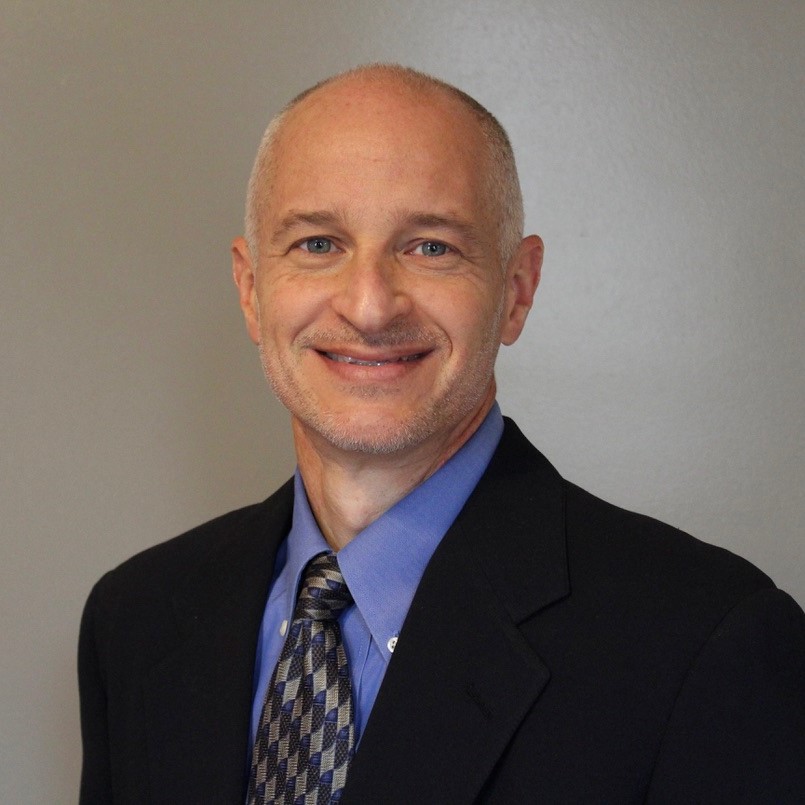 Brad Barnett, Past National Chair of NASFAA, Associate Vice President for Access and Enrollment Management & Financial Aid Director, James Madison University Brad Barnett, Past National Chair of NASFAA, Associate Vice President for Access and Enrollment Management & Financial Aid Director, James Madison University
Brad Barnett, MS, AFC®, CPFM, FAAC®, is an accredited financial counselor and certified personal financial manager who works as the associate vice president for access and enrollment management/director of financial aid and scholarships at James Madison University in Harrisonburg, Virginia. With over two decades of experience in the financial aid profession, Brad has been active in state, regional, and national financial aid associations as a presenter, committee member/chair, and elected officer. A past president of VASFAA (Virginia) and the Southern Association of Student Financial Aid Administrators (SASFAA) , he has also served NASFAA in various roles, including as treasurer, conference chair, Standards of Excellence (SOE) reviewer, SOE assessment leader, and a member of the Financial Affairs Committee. Brad has been honored for his work by receiving the VASFAA Lifetime Membership Award, VAFSAA Excellence Award, SASFAA Distinguished Service Award, and NASFAA Regional Leadership Award. In addition to his financial aid activities, Brad teaches personal finance courses (online and in person) at JMU and provides financial counseling services on a professional basis outside of his role with JMU.
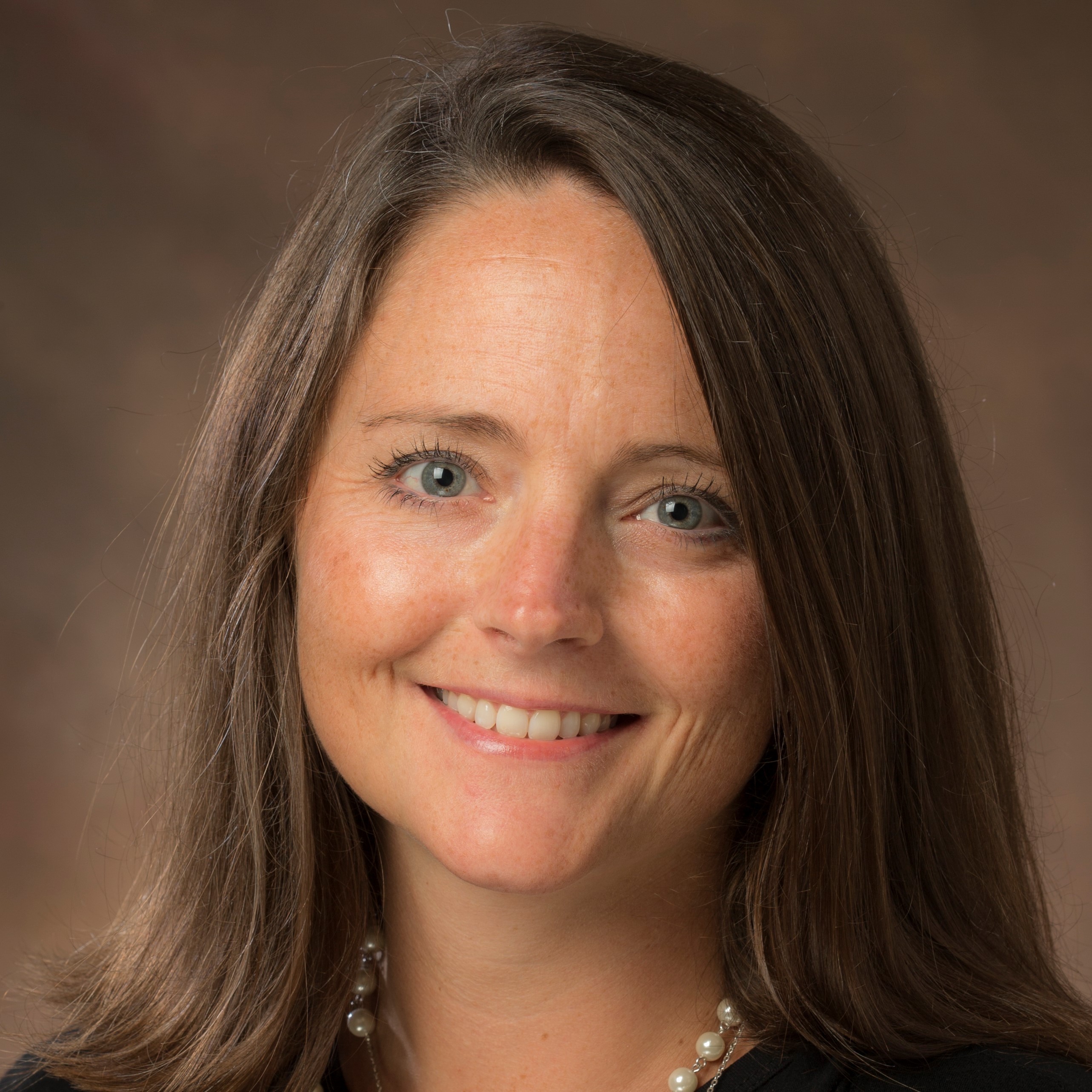 Katie Conrad, Senior Associate Director of Financial Aid, Florida International University Katie Conrad, Senior Associate Director of Financial Aid, Florida International University
Katie Conrad is the Sr. Associate Director of Financial Aid at Florida International University in Miami, Florida, a position she has held since August of 2016. Her previous positions include Director of Financial Aid at Midway University in Midway, Kentucky, and Associate Director of Student Financial Aid at Miami University in Oxford, Ohio. Katie holds a Bachelor of Arts Degree in Business Administration from Transylvania University, and a Master of Science Degree in Social and Philosophical Studies in Education from the University of Kentucky. She has earned the Certified Financial Aid Administrator designation (FAAC). Katie is currently the SASFAA Vice President for Training. During her 22 years in the Financial Aid profession, Katie has served in many leadership positions within her state and regional financial aid associations. She has a passion for education, life-long learning, and promotes educational access and success. Katie enjoys the warm Florida sunshine and scuba diving with her husband, Bill, and their 16-year-old daughter, Sam.
|

 Danny Martinez, Managing Director, Government & Public Sector Accounting Advisory Lead, Cherry Bekaert
Danny Martinez, Managing Director, Government & Public Sector Accounting Advisory Lead, Cherry Bekaert Esther Herrera, Senior Manager, Training and Development, University of Houston-Clear Lake
Esther Herrera, Senior Manager, Training and Development, University of Houston-Clear Lake Tim Judd, Vice President for Finance and Operations/CFO, Campbellsville University
Tim Judd, Vice President for Finance and Operations/CFO, Campbellsville University Eric Leal, Associate Dean for Budget and Administration, American University
Eric Leal, Associate Dean for Budget and Administration, American University Stacey Matthews, Vice President of Business Services and CFO, Flagler College
Stacey Matthews, Vice President of Business Services and CFO, Flagler College Emily Moran, Associate Controller, University of Florida
Emily Moran, Associate Controller, University of Florida Rachel Victoria, Administrative Specialist III, University of Florida
Rachel Victoria, Administrative Specialist III, University of Florida Brad Barnett, Past National Chair of NASFAA, Associate Vice President for Access and Enrollment Management & Financial Aid Director, James Madison University
Brad Barnett, Past National Chair of NASFAA, Associate Vice President for Access and Enrollment Management & Financial Aid Director, James Madison University Katie Conrad, Senior Associate Director of Financial Aid, Florida International University
Katie Conrad, Senior Associate Director of Financial Aid, Florida International University